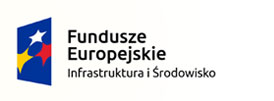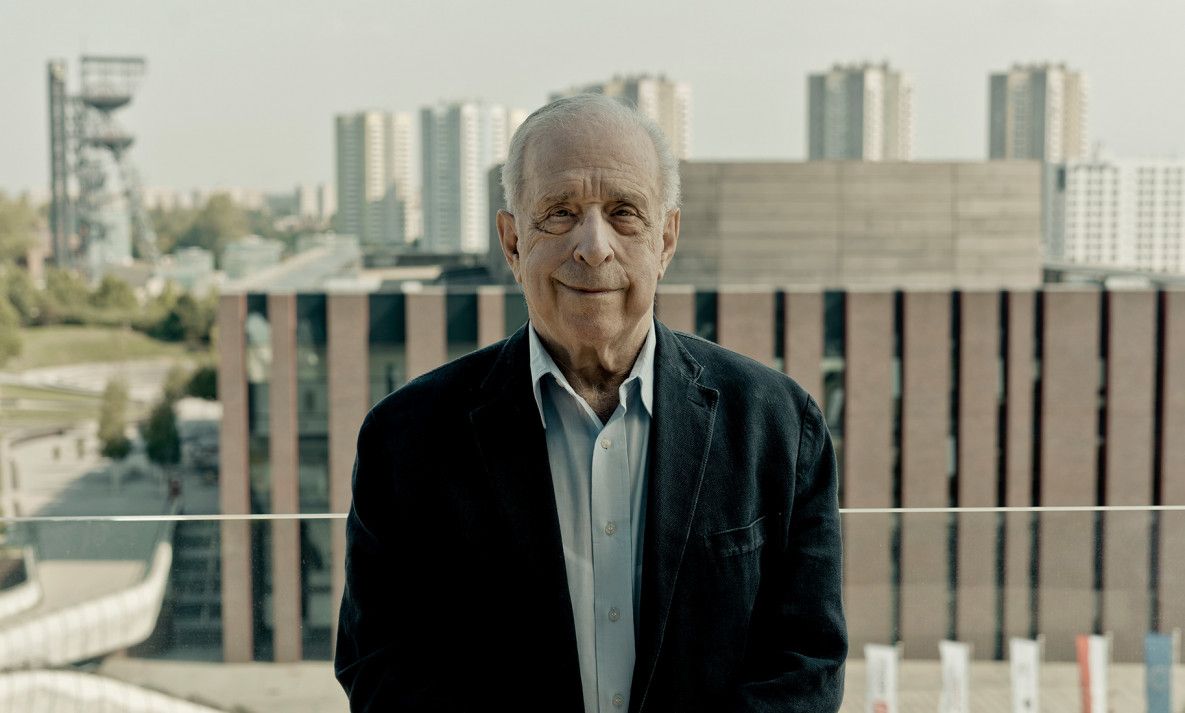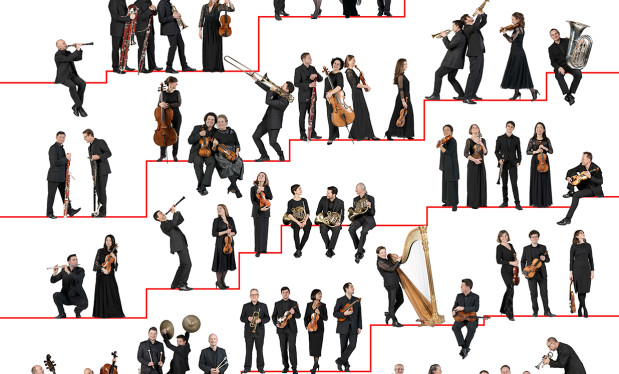NOSPR / Lawrence Foster / Mihaela Costea - NOSPR
NOSPR / Lawrence Foster / Mihaela Costea
When Jascha Heifetz approached Castelnuovo-Tedesco with a proposed commission for a violin concerto, the Europe was being swept by another, particularly violent wave of antisemitism. A descendant of a family that settled in Tuscany when Jews had been expelled from Spain, the composer accepted the challenge to emphasise his roots and to recall the “glory of past days.” Each part of the piece was named after a prophet: Isaiah, Jeremiah, and Elijah, the three messianic prophets, who heralded the coming of Messiah and the Garden of Eden. The first performance, under the baton of Toscanini, took place in Carnegie Hall in New York; Castelnuovo-Tedesco managed to flee Italy just before the outbreak of the war. Verdi, the heart and the conscience of the Italian nation, could not have expected this turn in the history of his newly united motherland. In his last years, he turned to his roots, too: as a church musician. After a long compositional silence, influenced by his investigations into Bach’s Mass in B minor and the works of Palestrina, he wrote Quattro pezzi sacri. Following the composer’s request, the first performance at the Paris Opera in 1898 did not include Ave Maria. Legend has it that the score of the most highly valued Te Deum was to be put in the coffin with him. Today, the two Italian manifestos of identity, so different in kind, will be played side by side in a single concert.
Upcoming events

NOSPR / Salwarowski / In the Shade of the Tatra Summits
Concert Hall


ECHO Rising Stars Festival / Guðmundsdóttir / Lahiry / A Powerful Voice of Women
Chamber Hall
Buy ticket


JazzKLUB / Rudi Mahall's Almost Danish Quartet / Standards with a Playful Twist
Chamber Hall
Buy ticket
NOSPR Chamber Musicians / Passionate Romanticism (rescheduled concert)
Chamber Hall







